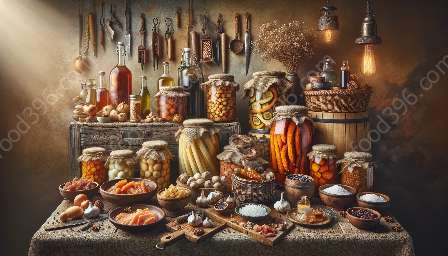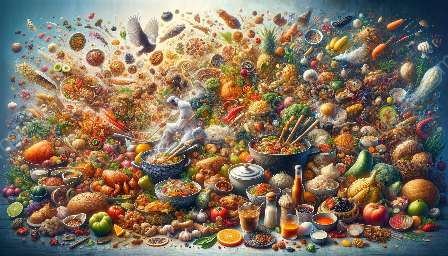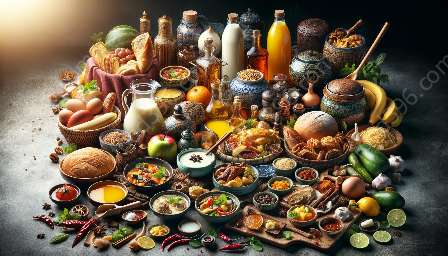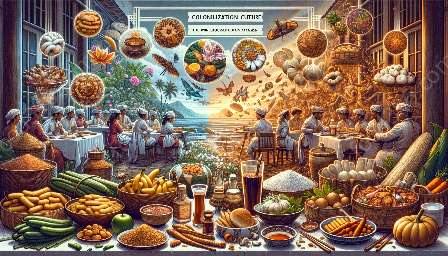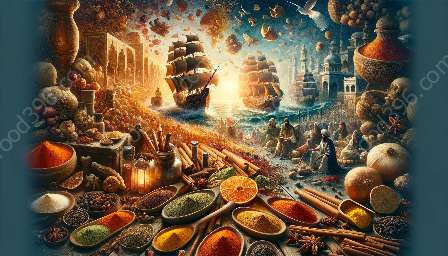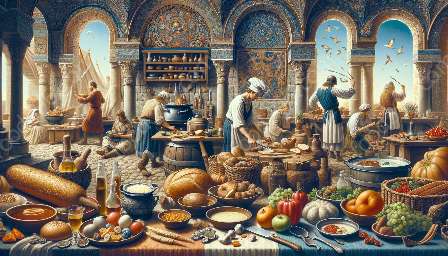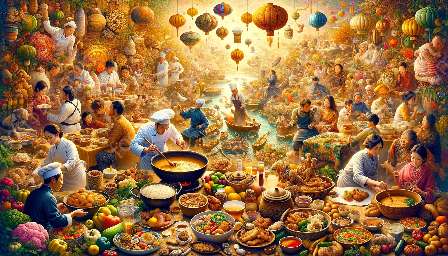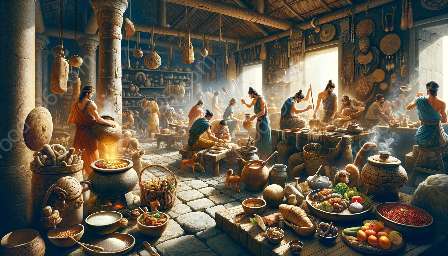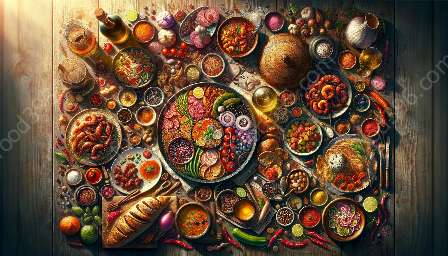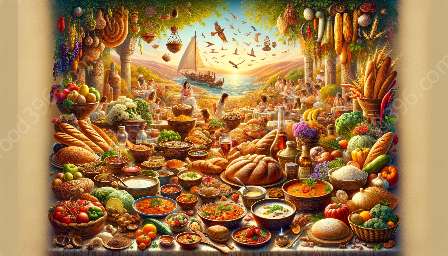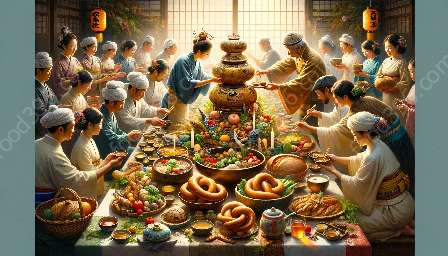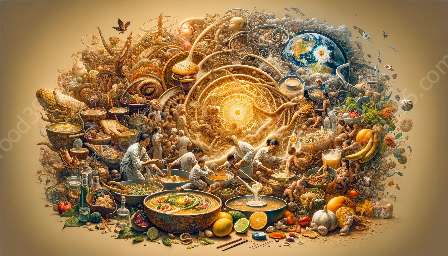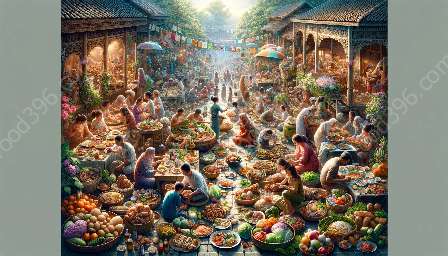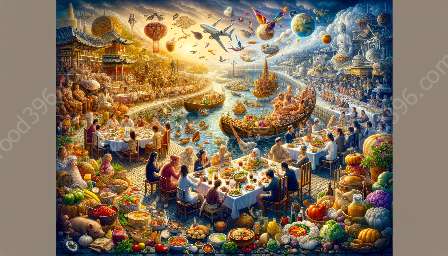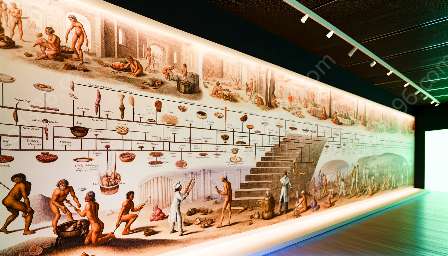Spices have played a pivotal role in shaping global food culture and history, with a rich and fascinating trade history that spans centuries. From ancient times to the modern era, spices have influenced cuisine, trade routes, and exploration. Their impact on food and drink is unparalleled, creating a vibrant tapestry of flavors and culinary traditions around the world.
The Ancient Origins of Spice Trade
The use of spices dates back thousands of years, with evidence of their trade and use found in archaeological sites across the globe. In ancient civilizations such as Egypt, Mesopotamia, and China, spices were prized for their flavor, medicinal properties, and even religious significance. The trade in spices was a driver of early exploration, as merchants sought new sources and routes to secure these valuable commodities.
Spices in the Age of Exploration
During the Age of Exploration, European powers set out to find direct sea routes to spice-producing regions, leading to the discovery of new continents and the creation of vast trading empires. The quest for spices such as pepper, cinnamon, cloves, and nutmeg fueled the exploration of the world and the establishment of global trade routes. The spice trade played a central role in shaping the modern world, influencing the rise and fall of empires and driving geopolitical shifts.
Impact on Food Culture and History
Spices transformed the culinary landscape, introducing new flavors and ingredients to cuisines around the world. They became integral to traditional dishes, preserving techniques, and regional specialties. The fusion of different culinary traditions through the exchange of spices has given rise to the diverse and rich tapestry of global cuisine we know today. Moreover, the spice trade also facilitated the exchange of cultures and ideas, contributing to the cross-pollination of food traditions.
Spices in Modern Food and Drink
Today, spices continue to shape our palates and culinary experiences. They are used in a wide variety of cuisines, from street food to haute cuisine, adding depth, complexity, and character to dishes. The demand for spices has created a global industry, with spice-producing regions playing a significant role in the economy and trade relations. Moreover, the historical significance of spices is evident in the continued reverence for traditional spice blends and recipes.
The Future of Spice Trade
As we move into the future, the spice trade continues to evolve, influenced by factors such as globalization, sustainability, and changing consumer preferences. The importance of preserving traditional spice cultivation and trade practices is recognized, while innovations in technology and agriculture are shaping the industry's future. The future of spice trade holds opportunities for cultural exchange, culinary innovation, and economic growth, ensuring that spices remain an essential component of our food and drink culture.



